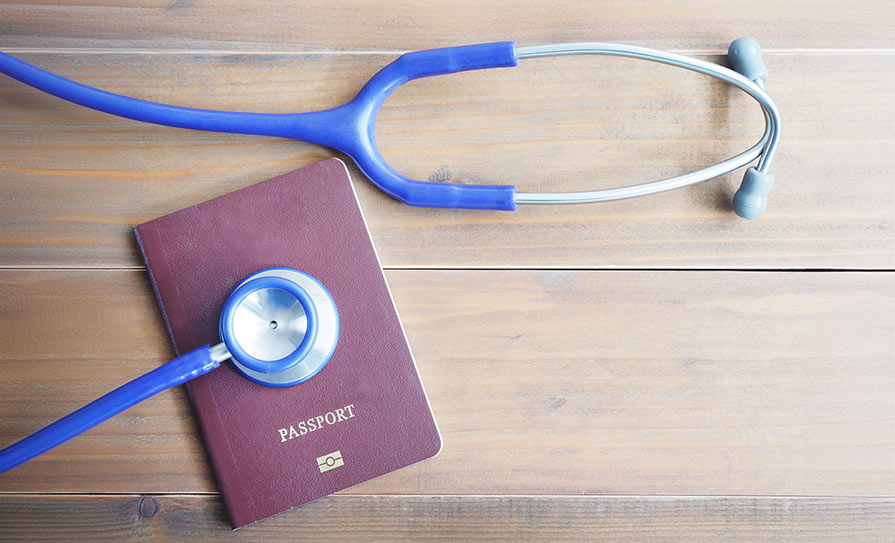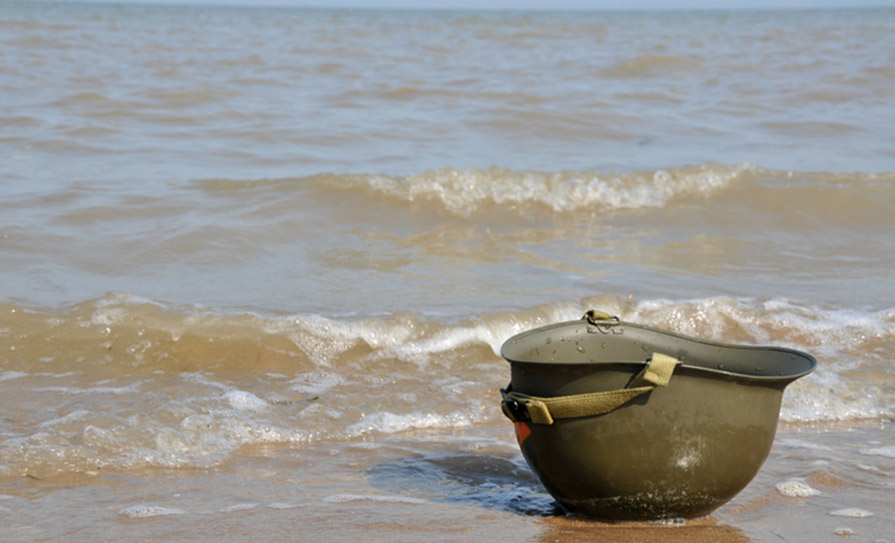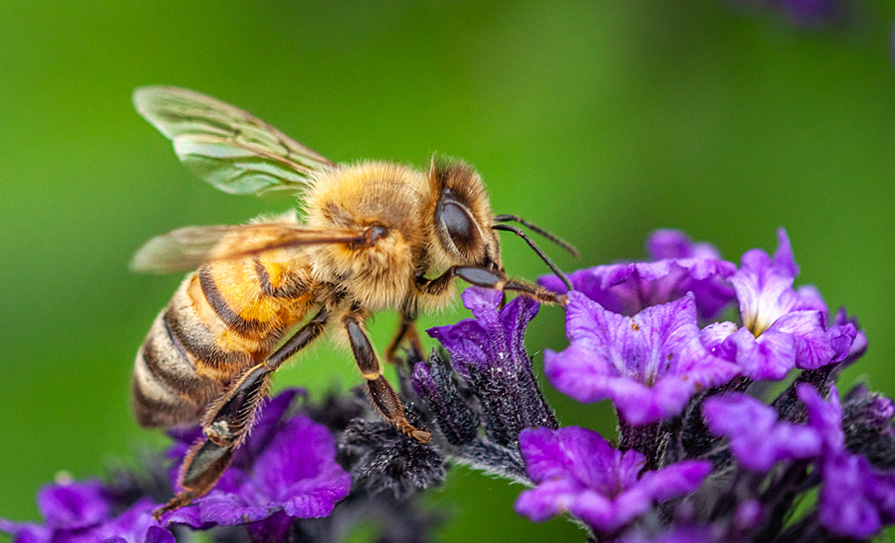Let me begin this brief piece by saying genuine, clinically-diagnosed gender dysphoria (GD) is an extremely upsetting and troubling condition for both a child and their parents and should be addressed with care by qualified, responsible medical professionals. And it is important to add that GD is distinct from gender ‘non-conformity’. The DSM-5 has now classified gender dysphoria in its own chapter, distinct from the one on ‘Sexual Dysfunctions and Paraphilic Disorders’.
However, according to the DSM-5, the proportion of the population with genuine GD is between 0.005–0.014 per cent for birth-assigned males, and 0.002–0.003 per cent for birth-assigned females. So it was with alarm that I read about a report from Sweden’s Board of Health, which showed that there has been a 1,500 per cent rise in diagnoses of GD between 2008 and 2018 among 13-to-17 year-olds born as girls. That’s incongruous.
In 2018, pressure from certain groups led the government in Sweden to propose a new law to reduce the minimum legal age for gender reassignment medical care from 18 to 15, eliminate the need for parental consent and permit children as young as 12 years old to legally change gender.
The world-famous Karolinska University Hospital has faced criticism for performing double-mastectomies on children as young as 14 and in the more ‘liberal’ areas of the US, there are few restrictions, depending on the respective jurisdictions.
But the backlash has begun. Last year, psychiatrist at Gothenburg’s Sahlgrenska Academy Dr Christopher Gillberg wrote in Dagbladet that surgery and hormone treatment for children is “a big experiment”. Other doctors around the world are raising red flags on the psychological difficulties, including risk of suicide, among people who have surgical, irreversible gender reassignment and subsequently feel that they have made a mistake and are unable to re-transition to their original gender.
Ireland often lags behind other jurisdictions in matters of healthcare and in this instance, I’m glad that we do.
The ‘trend’ of gender reassignment is a runaway train that at the very least needs to be handled responsibly by parents and some people in the medical profession.
Name and shame
Apropos of nothing, Ireland has the highest birth rate and lowest death rate in Europe, according to a Eurostat report from last year. If you have a child named Jack, James, Emily or Emma, you’re going with the flow, as these are the most popular baby names in Ireland, according to stats from the Central Statistics office. However, some prefer more exotic monikers for their children and others take it to the extreme, so much so that legislation has been introduced to prevent the sublime transitioning to the ridiculous — and no, it’s not just in the US. Here are a few examples below, so if you have ever cursed your parents for giving you an unusual name, read on and consider yourself lucky. I am always glad to receive any comments, opinions, contributions or jokes to info@mindo.ie.
The issue of what baby names should be prohibited raises its head from time-to-time, and so it was the case when an Australian mother-of-four was told recently that naming her son ‘Citizen’ was not allowed (and no, his surname is not ‘Kane’). The mother announced on Instagram (it was either going to be there or Twitter): “We tried to change it. ‘Disco’ even came back into play! But nothing else felt right for you as a Libra, with a (very sensible and grounded) Capricorn moon. So Citizen you are, and always will be — a Citizen of the world.” Her three other children are called Atlas, Everest and Zephyr, so we probably should have seen that one coming from “sensible and grounded” parents.
French authorities banned a couple from naming their baby girl ‘Liam’ — surprising, considering the present-day culture that is heavily laden with political correctness.
Another couple with more time and money than I have spent four years in a legal battle to be allowed to name their baby ‘Yoda’, but other names that have been banned outright include ‘Metallica’ (in Sweden) and ‘Miatt’ in Germany, because it doesn’t indicate whether the baby is either a boy or girl.
Also in Sweden, you won’t be able to name your newborn ‘Ikea’, which is probably just as well.
If you’re a communications consultant on such matters in Portugal, you probably did very nicely out of an 80-page government document regulating the naming of babies. For example, you can’t call your baby ‘Ovnis’ in Portugal, as that translates to ‘UFO’.
Another courtroom battle ensued in 2015, when it was decided that a couple in Valenciennes in northern France could not name their baby ‘Nutella’, while in Mexico, the state of Sonora was compelled to outlaw the names ‘Facebook’, ‘Traffic’, ‘Lady Di’, ‘Circumcision’, ‘James Bond’ and ‘Robocop’.
Closer to home in Wales, in 2017 a mother — who already had a child called ‘Preacher’ — was sensibly prevented by a court from naming her baby ‘Cyanide’.
But my personal favourite comes from New Zealand. During a custody battle, a judge took the unusual step or renaming a child, who was already nine years old, and had until then lived her young life with the name ‘Talula Does The Hula From Hawaii’.
Dishonourable mentions from around the world go to ‘Devil’, ‘Chow Tow AKA Smelly Head’, ‘Jihad’, ‘Peppermint’, ‘Snake’, ‘Anus’, ‘Lucifer’, and the memorable ‘Brfxxccxxmnpcccclllmmnprxvclmnckssqlbb11116’.
My father had an expression that springs to mind: “You need a licence to catch a fish, but any eejit can have a baby.”













Leave a Reply
You must be logged in to post a comment.